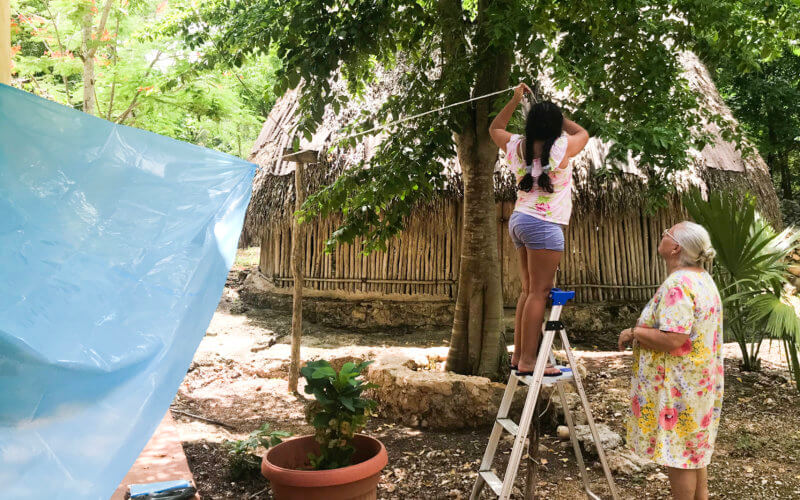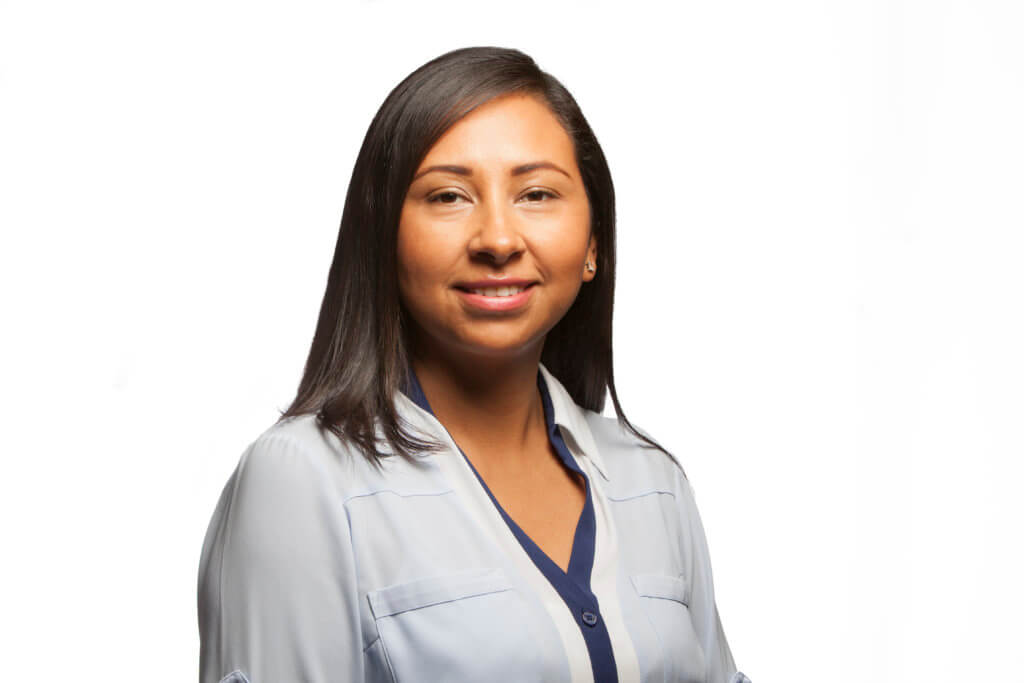
Child development expert Lucia Alcalá said the COVID-19 pandemic was a chance to examine how families from different cultures adjusted their parenting techniques to adapt to new environments.
In a recent study, the Cal State Fullerton associate professor of psychology and her research team found that certain Indigenous parenting techniques strengthened children’s emotional development, which seemed to minimize stress while coping with isolation and quarantine.
Her team in fall 2020 analyzed parenting practices from contrasting social backgrounds, conducting interviews with 18 Yucatec Maya rural women in Mexico and 13 middle-class, European American women in Southern California.

“The way that daily activities for Maya children are organized and designed, those spaces were more appropriate for facing the pandemic, versus daily activities here in Southern California,” Alcalá said.
Planning Schedules and Activities
Southern California parents who participated in the study said they experienced difficulties meeting their children’s academic and emotional needs under quarantine restrictions.
“A lot of participants also worked at home, so they had multiple demands,” Alcalá said. “That was a source of stress for them, not knowing what to do with their children at home.”
Maya children from communities in Mexico often organize their own day-to-day activities, the study showed. Their parents encourage this autonomy, valuing children’s independence and self-reliance. Children are expected to make their own decisions when it comes to schoolwork, playtime and household chores.
Alcalá said middle-class U.S. families see childhood as a time of leisure and happiness. The study noted how Southern California participants invested economic resources into their children’s perceived interests and needs. The children over time learned to lean on their parents to plan and structure school and leisure activities.
“We have created even more responsibility for our children’s emotional development, well-being and happiness in general, making them more dependent on adult support,” Alcalá said.
Social Development Through Family
The study noted that being away from peers proved difficult for many U.S. children during the pandemic. Aside from parents and siblings, peers are viewed as a source of socialization and belonging for U.S. children.
In response, U.S. moms increased how much time they spent with their children, creating more activities for them to do, Alcalá said.
“Rather than trusting children to make their own decisions, to find activities they like to do, their mom had to become their playmate,” Alcalá said.
For Maya children, socialization and belonging are rooted in family. Alcalá said children’s time apart from classmates was a concern mentioned by some, but not all, Maya moms in the study.
“They still played with nearby friends and extended family,” Alcalá said. “They usually have family members living within the same compound.”
Adjusting Expectations and Being Flexible
For Yucatec Maya families, economic uncertainty and limited resources caused distress during the pandemic. However, Maya children already assist regularly with household chores, which made transitioning to quarantine easier.
“Maya children’s integration into household activities was smooth,” Alcalá said. “Maya children would help more, now that they were spending more time at home. They were going to the cornfield to do the traditional milpa (a traditional gardening method for corn, beans and squash), helping their moms in their communal gardens or taking care of animals at home.”
Study participants from the U.S. did not view children’s help with chores as an essential contribution like Maya participants did, Alcalá said. Southern California parents created chores for their children to keep them occupied at home, but those parents also complained about having more housework to do overall.
Alcalá, who is a mother of three, says there is no best way to parent children, and suggests that parents consider multiple ways of organizing activities that might work for their household.
“Learning to do things in more than one way is always an advantage,” Alcalá said. “When the context changes and we’re not ready for it, then we need to be flexible.
“We really need to embrace other forms of raising our children that are more aligned with the challenges we’re facing. We can learn from other communities, like the Maya community, where parents show strength and resilience in their child-rearing practices.”